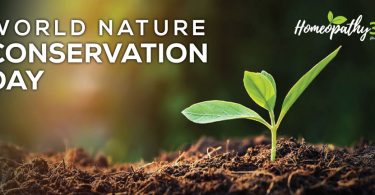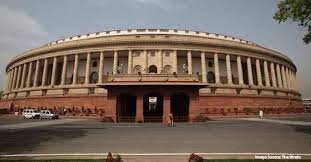Hyderabad: Even as pharma exports have seen negative growth in 2016-17 compared to the previous year, two other segments- Ayush and herbal products- have recorded a low double digit growth.
In view of the growth potential, pharma export promotion body is now working on developing standards for these segments to increase the exports, according to Pharmexcil director general Ravi Uday Bhaskar.
Export of herbal products, nutraceuticals, Ayurvedic, Unani and other products is on the rise. “There is acceptance for these products in many markets,” he said.
Ayurveda, Yoga, Naturapathy, Unani, Siddha, Homoeopathy are included in Ayush. Among others, Hungary, Germany and Switzerland are the key importers from India, he said.
“We are working to popularise Indian medicine systems abroad. For this to happen on a broad scale, there is a need for defining product standards. This will increase the demand for Ayush products,” he said.
For 2016-17, the total pharma exports have seen a negative growth of 0.43 per cent to $16,840 million (about Rs 1.07 lakh crore) from $16,912 million (about Rs 1.08 lakh crore). Within this, bulk drugs and drug intermediates exports have seen a negative growth of 5.47 per cent to $3,401 million (Rs 21,766 crore) in 2016-17 from $3,597 million (Rs 23,020 crore).
The drug formulations and biologicals exports have remain flat at $12,701 million (81,286 crore) from $12,648 million.
On the other hands, Ayush products have recorded a 11.65 per cent growth in 2016-17 to 124 million (Rs 794 crore) from $111 million (Rs 710 crore). Herbal products have grown 10.66 per cent to $280 million (Rs 1,792 crore) in 2016-17 from $253 million (Rs 1,619 crore).
The percentage of Ayush and herbal products is very small compared to the overall pharma exports. However, the growth in these segments has been consistent, the director general explained.
Another segment- surgicals- too recorded a 10.37 per cent growth to $334 million in 2016-17 from $303 million in 2015-16.
In October last, Pharmexcil participated in a regulatory workshop as part of the second European World Ayurveda Congress at Koblenz, Germany. It focused on understanding European regulations for Indian system of medicine, he said.
Ayush and herbal products now account for about 2.5 per cent of total exports.
In view of the growth potential, pharma export promotion body is now working on developing standards for these segments to increase the exports, according to Pharmexcil director general Ravi Uday Bhaskar.
Export of herbal products, nutraceuticals, Ayurvedic, Unani and other products is on the rise. “There is acceptance for these products in many markets,” he said.
Ayurveda, Yoga, Naturapathy, Unani, Siddha, Homoeopathy are included in Ayush. Among others, Hungary, Germany and Switzerland are the key importers from India, he said.
“We are working to popularise Indian medicine systems abroad. For this to happen on a broad scale, there is a need for defining product standards. This will increase the demand for Ayush products,” he said.
For 2016-17, the total pharma exports have seen a negative growth of 0.43 per cent to $16,840 million (about Rs 1.07 lakh crore) from $16,912 million (about Rs 1.08 lakh crore). Within this, bulk drugs and drug intermediates exports have seen a negative growth of 5.47 per cent to $3,401 million (Rs 21,766 crore) in 2016-17 from $3,597 million (Rs 23,020 crore).
The drug formulations and biologicals exports have remain flat at $12,701 million (81,286 crore) from $12,648 million.
On the other hands, Ayush products have recorded a 11.65 per cent growth in 2016-17 to 124 million (Rs 794 crore) from $111 million (Rs 710 crore). Herbal products have grown 10.66 per cent to $280 million (Rs 1,792 crore) in 2016-17 from $253 million (Rs 1,619 crore).
The percentage of Ayush and herbal products is very small compared to the overall pharma exports. However, the growth in these segments has been consistent, the director general explained.
Another segment- surgicals- too recorded a 10.37 per cent growth to $334 million in 2016-17 from $303 million in 2015-16.
In October last, Pharmexcil participated in a regulatory workshop as part of the second European World Ayurveda Congress at Koblenz, Germany. It focused on understanding European regulations for Indian system of medicine, he said.
Ayush and herbal products now account for about 2.5 per cent of total exports.





